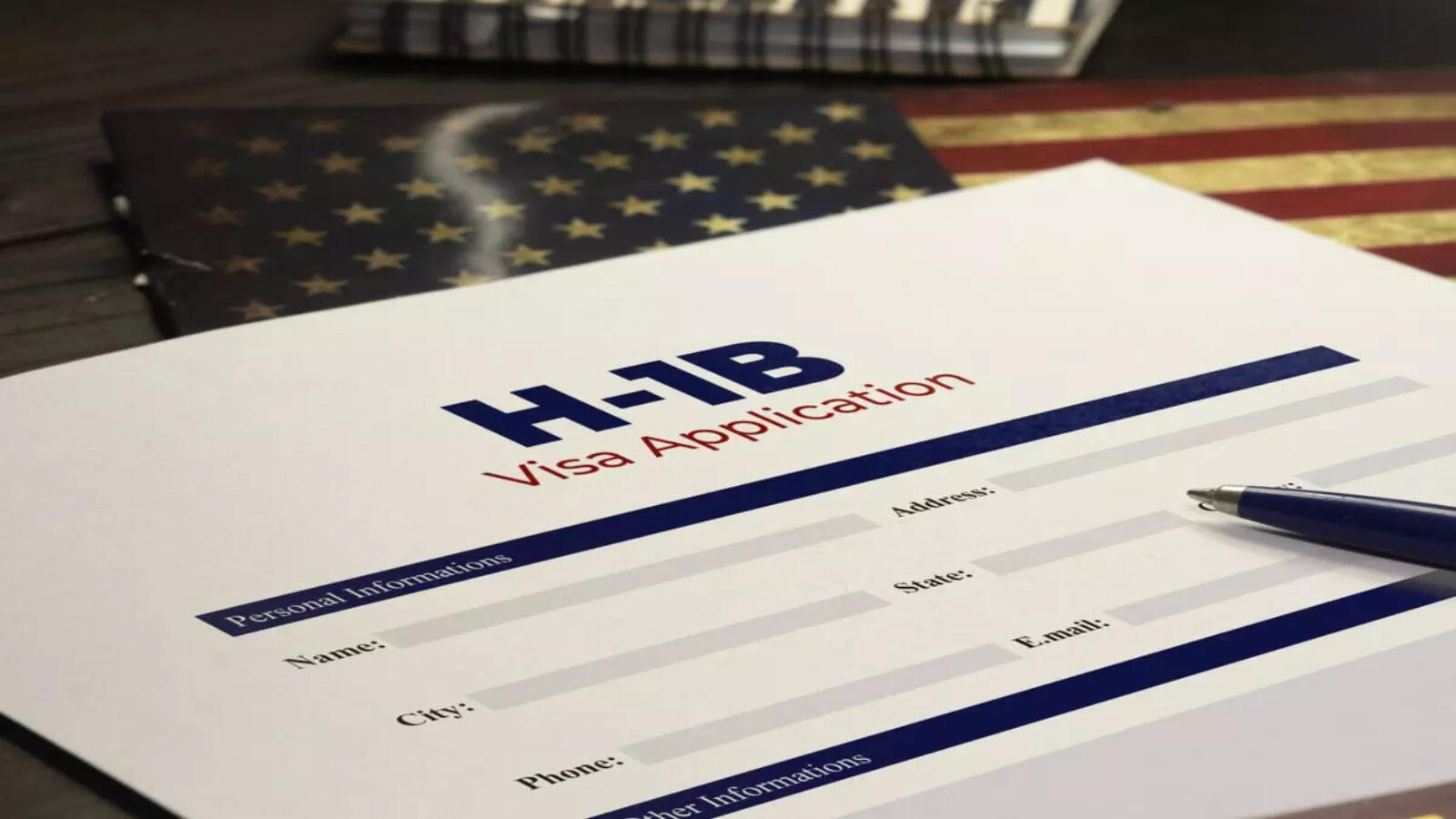India’s apex tech industry body, NASSCOM, has issued a formal statement expressing concern over the White House’s recent proclamation mandating a USD 100,000 annual fee per H-1B visa holder. The policy, set to take effect from September 21, 2025, is expected to significantly impact Indian IT services companies, startups, and global capability centers operating in the United States. The statement comes amid growing anxiety across the sector, as companies scramble to assess cost implications, talent mobility risks, and compliance challenges.
The proclamation, signed by President Donald Trump, aims to overhaul the H-1B visa framework by imposing steep financial barriers and tightening eligibility norms. While the administration claims the move will protect American jobs, NASSCOM warns that it could disrupt global tech operations and undermine the competitiveness of US-based innovation hubs.
Key Highlights From NASSCOM’s Statement
- NASSCOM confirms that Indian tech services firms will be directly affected by the USD 100,000 fee
- The policy will increase operational costs and reduce flexibility in deploying skilled talent
- Startups and mid-sized firms may struggle to absorb the financial burden
- The move could lead to project delays, talent shortages, and reduced client confidence
- NASSCOM calls for bilateral dialogue to address unintended consequences
Industry-Wide Impact On Indian IT Firms
India’s IT services sector is among the largest users of the H-1B visa program, with companies like TCS, Infosys, Wipro, and HCL deploying thousands of engineers and consultants to US clients. The new fee structure threatens to upend this model by making each visa sponsorship prohibitively expensive.
According to NASSCOM:
- Large firms may be forced to reduce the number of visa filings or prioritize senior roles
- Smaller firms and startups could face existential challenges due to limited financial buffers
- The cost of servicing US-based clients may rise, affecting competitiveness and margins
- Talent mobility will be constrained, impacting knowledge transfer and project execution
The policy also affects H-4 dependents and inter-company transfers, further complicating workforce planning.
Global Capability Centers And Startup Ecosystem
India’s startup ecosystem and global capability centers (GCCs) are particularly vulnerable. Many GCCs rely on rotational assignments and short-term deployments to align global operations. The USD 100,000 fee could deter such movements, leading to fragmented teams and slower innovation cycles.
Startups, which often operate on lean budgets, may find it impossible to justify the cost of hiring foreign talent in the US. This could push them to explore alternative markets or remote-first models, potentially weakening their US presence.
NASSCOM’s Call For Policy Dialogue
In its statement, NASSCOM urged both governments to engage in constructive dialogue to mitigate the fallout. It emphasized that:
- The tech sector is a key driver of bilateral trade and innovation
- Skilled immigration supports US competitiveness in AI, cybersecurity, and digital transformation
- Blanket policies may unintentionally penalize high-value contributors and disrupt business continuity
NASSCOM also highlighted the need for a balanced approach that safeguards domestic interests without stifling global collaboration.
Legal And Strategic Responses
Industry experts anticipate legal challenges and lobbying efforts in response to the proclamation. Companies are reviewing their visa portfolios, exploring nearshore alternatives, and accelerating local hiring in the US to reduce dependency on H-1B talent.
Some firms are also considering shifting delivery models to India or other low-cost geographies, which could affect US-based employment and client servicing standards.
Looking Ahead
As the September 21 deadline approaches, the Indian tech industry faces a period of uncertainty and recalibration. NASSCOM’s statement underscores the urgency of policy clarity and collaborative problem-solving. With talent mobility at the heart of global innovation, the coming weeks will be critical in shaping how Indian firms adapt to this seismic shift in US immigration policy.
Sources: Economic Times, Business Standard, Moneycontrol.
